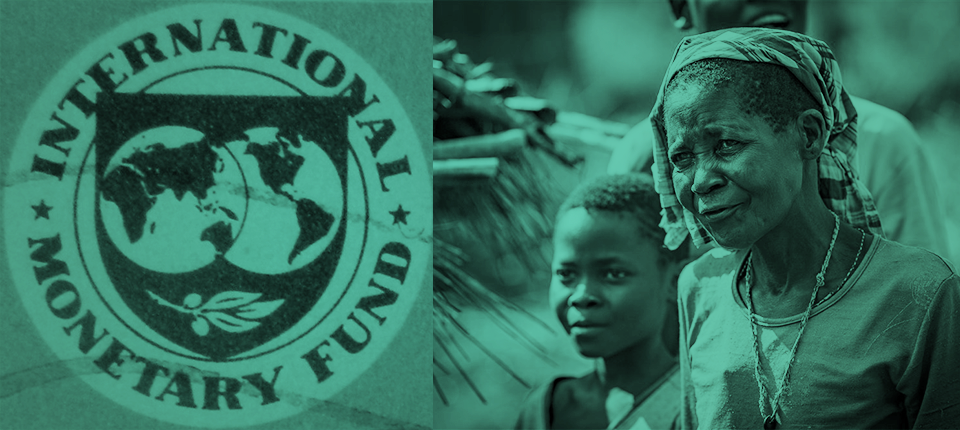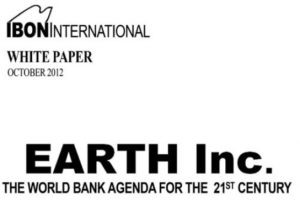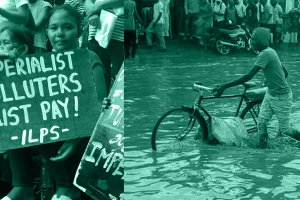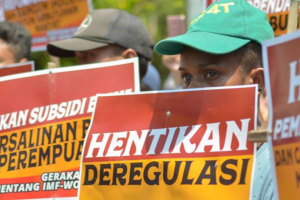[[{“type”:”media”,”view_mode”:”media_original”,”fid”:”2231″,”attributes”:{“alt”:””,”class”:”media-image”,”height”:”430″,”style”:”width: 600px; height: 269px;”,”typeof”:”foaf:Image”,”width”:”960″}}]]Photo: Wikimedia Commons, US Air Force, with CC BY-SA 3.0
IBON International Statement
3 May 2019
On the evening of April 25, 2019, Cyclone Kenneth made landfall in Mozambique, causing the evacuation of around 30,000 people and affecting an estimated 70,000 more. The government reported that 41 people have been killed and 35,000 homes have been destroyed or damaged. The humanitarian situation in several areas is dire.
Cyclone Kenneth is the second deadly cyclone to hit the country this year: only six weeks prior, Mozambique was devastated by Cyclone Idai, killing over 700 people and causing around US$ 2 billion in damages. Idai is one of the worst tropical cyclones on record to hit Africa and the Southern hemisphere. This marks the first time that two major storm systems have hit the country in one season.
The damage wrought by Cyclone Idai is tremendous. Aside from the death toll, 1,600 people have been reported injured; 198,000 houses have been destroyed; and 715,000 hectares of crops have been reportedly destroyed, according to the government.
Mozambique is still recovering from the damages wrought by Cyclone Idai and has borrowed US$ 118.2 million for its rebuilding efforts from the International Monetary Fund (IMF). Because Cyclone Kenneth is anticipated to have twice the rainfall of Cyclone Idai, it is expected to be more damaging, and its rebuilding efforts, even costlier.
It is still too early to conclude that the phenomenon of two tropical cyclones devastating Mozambique, in too short a time, is the direct result of climate change. However, some experts agree that climate change has made the impact of the storms worse. Climate change has been known to heighten rainfall intensities and raise sea levels. These two factors, in turn, result in more intense flooding.
Mozambique is the ninth least developed country in the world out of 189 ranked countries according to the United Nations Development Programme. A large majority of the country’s population remains below the poverty line. Subsistence agriculture continues to employ the vast majority of the country’s workforce. It is still dependent on foreign assistance for much of its annual budget. As of last quarter of 2018, 1.78 million people in Mozambique were listed by the United Nations as food insecure. These problems are exacerbated by the people’s vulnerability to disasters and other risks.
IBON International expresses its solidarity with the victims of Cyclones Idai and Kenneth. We join the call of civil society organizations (CSOs) for humanitarian assistance for Mozambique. We call on the IMF and other creditors to condone or cancel Mozambique’s debt to ease its burden on disaster relief and rebuilding.
At the same time, as an institution that upholds the principles of rights-based democracy, IBON International believes that it is in the people’s interest to build strong and empowered communities that can withstand disasters of any kind. We call on the international community, CSOs and people’s organizations, to strengthen work on capacity development in order to address the vulnerabilities of the grassroots to disasters. #



